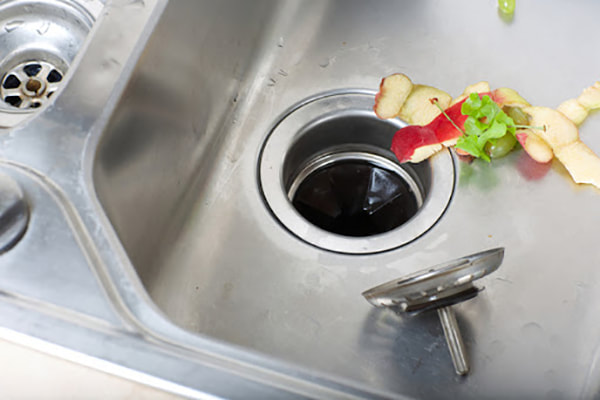|
Hey there! If you're living in a place with a septic tank, you might have heard conflicting advice about whether it's okay to use a garbage disposal. It's a common debate, but let's dive into why it's generally not the best idea to pair these two together.
Strain on Your Septic System: You know how a garbage disposal grinds up food waste into tiny bits? Well, those bits end up in your septic tank along with all the other wastewater. Sounds harmless, right? Not quite. The solid waste from the garbage disposal can pile up in your tank, leading to clogs and making it less efficient. That means more frequent pumping and maintenance, which can hit your wallet hard. Too Much of a Good Thing: Your septic system has its limits. When you toss a bunch of food scraps down the disposal, you're basically overloading it. The system's natural bacteria and enzymes that break down waste can get overwhelmed. This can mess with how well your tank treats wastewater, causing funky smells, backups, and potentially even system failure. No one wants that mess! Risky Business for Your Pipes: All that food waste going down the drain? It's a recipe for clogs and pipe damage. Clogs can mess with the flow of wastewater and might even damage your pipes and other parts of the system. Fixing or replacing septic pipes isn't cheap, so it's best to avoid anything that could increase the chances of that happening. Environmental No-No: Using a garbage disposal with a septic tank isn't just bad for your system—it's bad for the environment too. The solid waste from the disposal ends up in the soil and groundwater, which can mess with the balance of nutrients and harm the environment. Plus, it adds to water pollution, which isn't good for anyone. What You Can Do Instead:
Conclusion: Using a garbage disposal with a septic tank might seem convenient, but it's not worth the hassle and potential damage. By adopting alternative waste management practices and being mindful of what goes down the drain, you can keep your septic system—and the environment—happy and healthy. It's not fun to step outside and hear the alarm on your septic tank blaring for the entire world to hear. There are a few reasons this could be happening, so be prepared whenever it inevitably happens. 1. Electrical Issues
Your septic system is powered by electricity. If you've recently had a power outage or if the alarm system is not getting proper electricity, this could trigger the alarm when there is no real problem with the septic system itself. A disconnect between the tank and the alarm system can also cause a false alarm. When you hear the alarm going off, it's never a bad idea to ensure that there are no electrical mishaps taking place. 2. Weather and/or Groundwater If it's been particularly rainy or if inclement weather has caused groundwater to seep into your drainfield, this will prevent actual wastewater from being properly removed from the tank. Look for signs of standing water around your septic system. If you see that it's more saturated than usual, avoid watering your grass, doing multiple loads of laundry, or other activities that use a lot of water. Give your system time to catch up. 3. Faulty Component There are several functioning parts within your septic system that keep it operating properly. If a pump, timer, or float stops working, this can typically lead to elevated water levels inside the tank, which will lead to an alarm. 4. Have your Septic System inspected regularly We always recommend having your septic system inspected regularly so you can have peace of mind knowing that it's in full operation. Sometimes issues left untreated can result in costly repairs or even replacement of the system. Give us a call and we can get you on a service maintenance plan to save you time, money, and the hassle of those annoying alarms. |
Edward's SepticServicing septic systems and grease traps throughout all East Texas CategoriesArchives |


 RSS Feed
RSS Feed